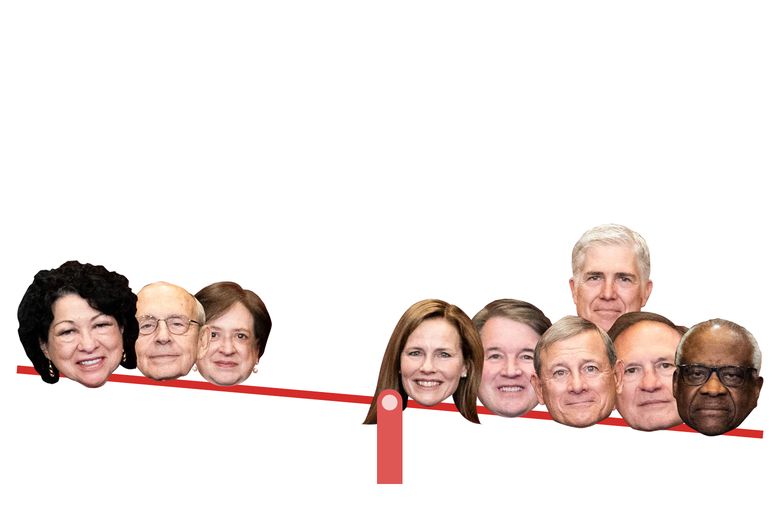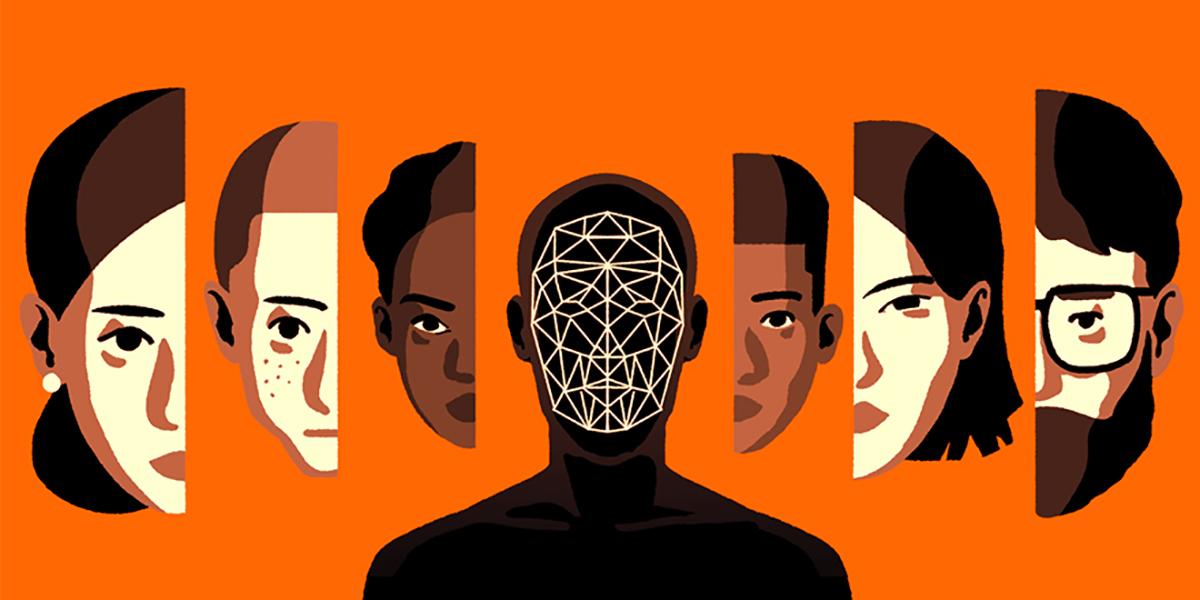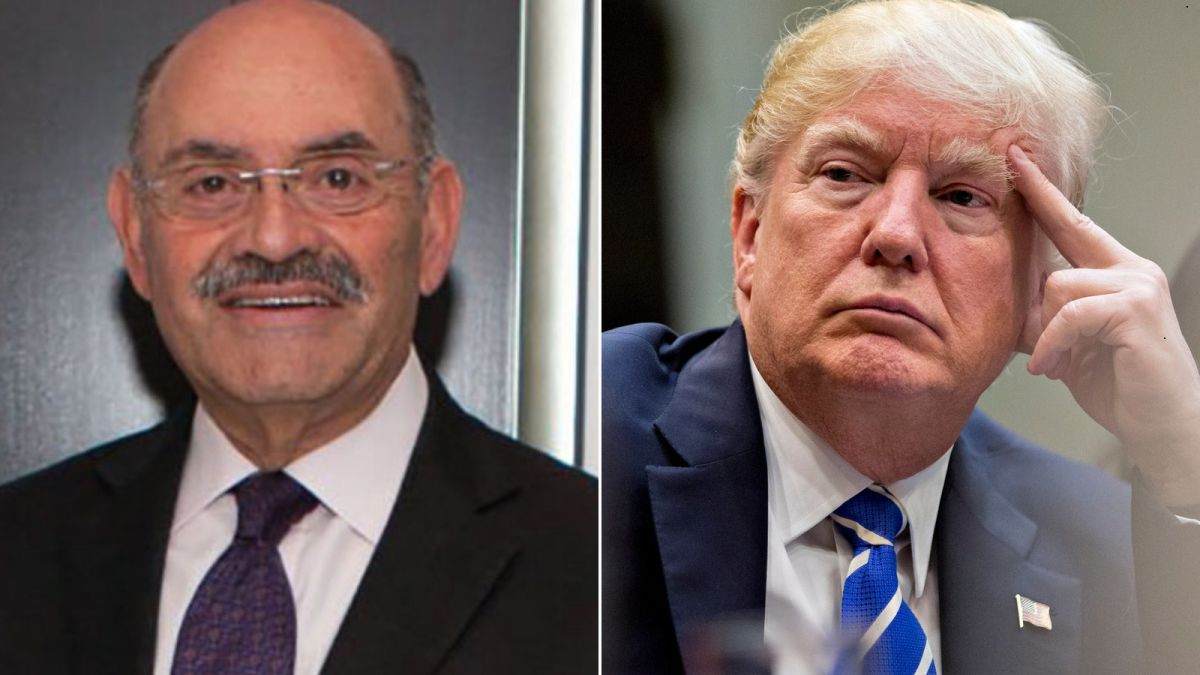
Dear Commons Community,
Earlier this week, 2U announced it will buy the assets of the nonprofit MOOC company edX for $800 million. This deal has ramifications in many directions. For starters, it will realign the commercial marketplace for online education, where colleges now pay billions annually to companies known as online-program managers, or OPMs, to help develop, market, and deliver online courses and degrees. The $800 million now headed to a successor nonprofit to edX could also have a huge impact on the future of open-source online options — and maybe breathe new life into the original mission of the nonprofit, which began in 2012 with the goal of democratizing education around the world. Here is an analysis by Goldie Blumenstyk of The Chronicle of Higher Education.
“At this point, we know precious little about what the new nonprofit plans to do with this gargantuan infusion of cash. A joint news release says the money will be “dedicated to reimagining the future of learning for people at all stages of life, addressing educational inequalities, and continuing to advance next-generation learning experiences and platforms.” Lofty, ambitious language to be sure. But $800 million is a lotta clams, and I’m sure the hundreds of colleges and thousands of professors whose own financial and in-kind contributions over the last nine years have helped bring edX to this point would love to know some specifics.
For now, the interesting facets of the deal are many. Questions abound, as well. Here’s what struck me right off the bat.
- The shift to remote learning during the pandemic gave edX a big boost: It saw a tenfold increase in learners, or about 39 million people, using the site, according to Anant Agarwal, its founder and CEO. But edX hasn’t had the expertise to meet all the needs of its college partners, who often want more help developing courses and marketing them. Those are the services OPMs specialize in. Merging with 2U also lets edX partners tap into 2U offerings like its coding bootcamps, provided by Trilogy, and its shorter non-degree courses, via GetSmarter.
- While “business has never been stronger” at 2U, according to its CEO, Chip Paucek, the company saw opportunity in “really compelling” educational models edX had created. Take, for example, its innovative and low-cost micro-master’s and micro-bachelor’s pathways into higher ed — ideas that have also intrigued me — along with edX’s corporate offerings. Its extensive market reach didn’t hurt either. Now 2U will be better positioned to compete directly with Coursera, — which also started up in 2012 — the “year of the MOOC” — and today offers courses, degrees, and “specializations” through partnerships with hundreds of colleges.
- With so much of 2U’s financial success dependent on its ability to recruit students to its partners’ programs, gaining access to a vast database of potential learners is a huge plus for the company as well. Those contacts include not just the 39 million learners but, as Kevin Carey of New America noted on Twitter, maybe also the 120 million annual visitors to edX’s website. Talk about a marketing channel. Also interestingly, the deal could create new global opportunities for 2U: Nearly 80 percent of edX learners are outside the United States.
- In a call with reporters on Tuesday, 2U said it had pledged to preserve aspects of edX that made it unique in the market, including its “affordable” degrees, the “Open edX” platform now used by some 100 million learners, and its protection of the intellectual-property rights of professors and institutions putting courses on the platform. But although 2U said it would operate edX within the company as a “public-benefit entity,” I can’t tell you exactly what’s been promised because that isn’t public. A 2U spokeswoman said its commitments are “reflected in the press release,” but the last time I checked, those documents aren’t legally binding.
- It’s hard to even fathom the potential impact of an $800-million nonprofit devoted to the future of online learning and eliminating educational disparities around the world. Add to that the academic muscle undergirding the nonprofit, overseen by edX’s founders, Harvard University and the Massachusetts Institute of Technology, and the societal, technological, and pedagogical potential here feels enormous. But what actually will be realized? Harvard and MIT promise that the new nonprofit’s mission, name, research, and other activities will be developed more fully in the coming months.
On the call with reporters, the two institutions’ provosts spoke generally about possible new projects, with Harvard’s Alan M. Garber highlighting the importance of delivering online education to new populations and equipping community colleges with more digital tools to help people retrain and reskill for new careers. MIT’s online-learning guru, Sanjay Sarma, promised attention to pedagogy and new modes of delivery, while his Harvard counterpart, Bharat Anand, touched on assessing learning outcomes and “last-mile challenges.”
I agree with Ms. Blumenstyk that this development can alter the landscape of online learning mainly because of the infusion of capital and also because of the merging of the expertise of the two partners (2u and edX) in this deal.
Tony





